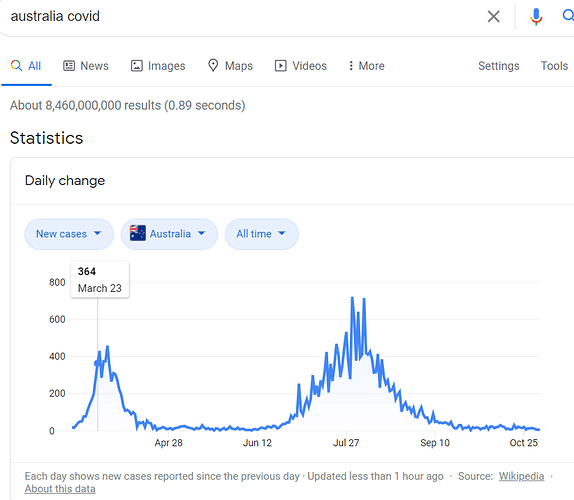If anyone wants some Florida prognostication, here are some figures:
a Going in to election day 120,000 more Dems than R’s have cast ballots
b .02 of Dems cast Ballot for Trump. Dems lose 70,000 votes
c .06 of Reps cast Ballot for Biden. Dems pick up 204,000 votes
d If Biden wins NPA 52/48 – Dems pick up 76,000 votes.
e Election day turnout is 2.5 million – Reps pick up 350,000 votes
Final tally is Trump wins by 20,000 votes
If we win and win big, I’m going to treat every Trumper with exactly the amount of respect and civility they would have given us if they were in our shoes and won.
This is the final map if all of Rasmussen’s state polls are correct and if, where they haven’t polled, you just give it to Biden only if he has a 6 point lead on 538:
But Huckabeast got chased from that restaurant, a horror for which redemption is impossible.
I’ll take it, I guess. Want more though. Florida but not Arizona?

I doubt Biden wins Florida and loses NC
Rasmussen’s final polling has Trump up in Arizona but Biden up in FL. Again, I’m giving them every poll is correct and Biden still runs away with it. And it’s Rasmussen.
Excuse me, are you a professional polling firm that has made countless professional polling victories, like Rasmussen?
Come on, Amanda. Be a team player.
I’m not. Standing down and standing by, sir.
I agree, but that’s what Rasmussen says, and I think Rasmussen being right has to be close to our worst case scenario. But, fuck it, let’s say RAsmussen is too bullish on Biden in FL. Biden is still president.
We are now 20 hours until the first polls close and Biden has the largest national polling lead since Bill Clinton in 1996.
bringing shame to the great name of Kurt
I went on a deep dive, and there are a lot of interesting nuances at play with the language of this phrase. Didn’t know it originated with Cesar Chavez, I probably should have known that. Not sure if I’m totally cool with Obama appropriating Chavez’s line.
Is “Yes, we can” an accurate translation? Yes and no.
Since there’s no plural verb nor a first-person verb in that sentence, the typical way of saying “we can” would be podemos , from the verb poder .
So “Yes, we can” is not a literal translation of sí, se puede . In fact, we do not have a good literal translation of the phrase. Sí clearly means “yes,” but se puede is problematic. “It can” comes close to its literal meaning but leaves out the vague sense of emphasis and intention that se provides here.
So just what does se puede mean? Out of context, it would be translated loosely as “it can be done.” But context matters, and as part of a group chant, the translation of “yes, we can” is entirely appropriate. Se puede is a phrase of empowerment ( puede is a close cousin of el poder , a noun meaning “power”), and “we can” conveys that thought well even if not a literal equivalent.
All hail the poles!

Wait are you waiting for? Too big a risk to take imo!
I got two more calls from Wisconsin tonight. I didn’t answer the first. The second I picked up out of curiosity because it was a WI number with no caller ID name. It was Stacey Abrams telling me I hadn’t voted yet. (hint: I have and not in WI)
Stacy Abrams is trying to turn you into a felon.

